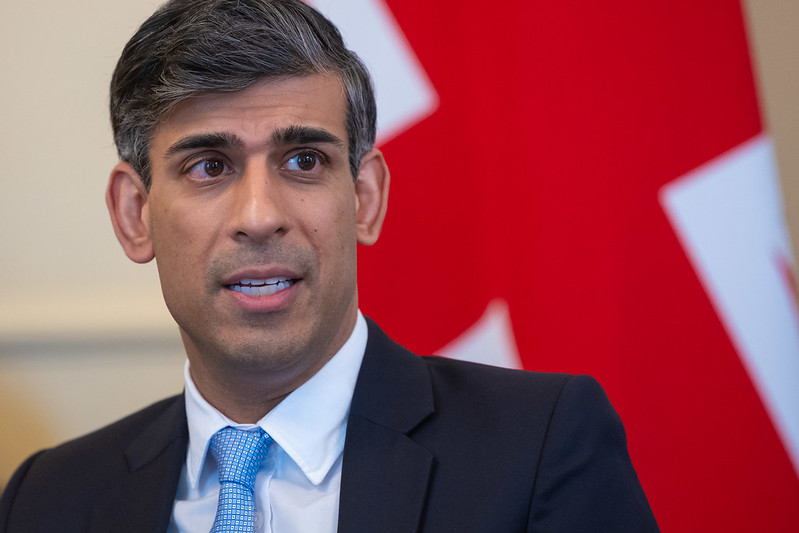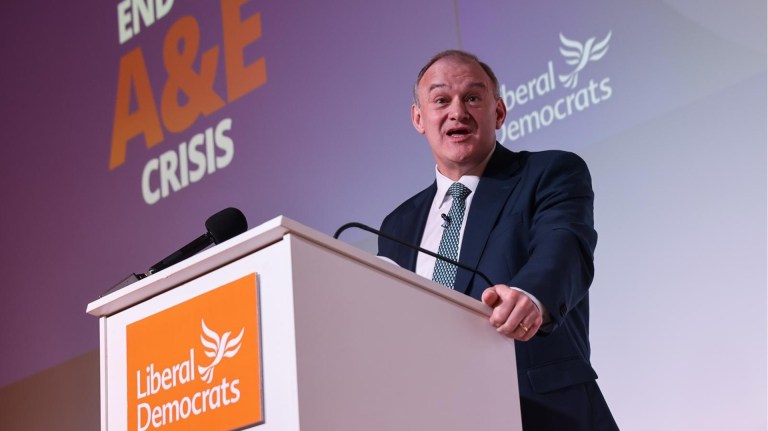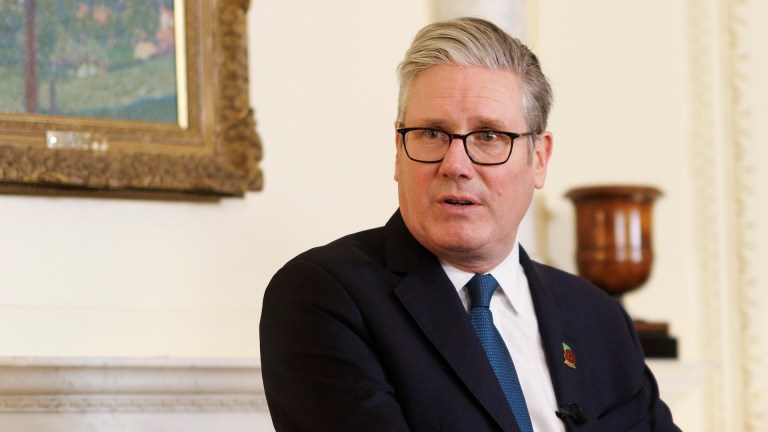He also posted to X saying: “Biological sex matters. We’re protecting women and girls.”
Other MPs and LGBTQ+ charities, however, have criticised the proposals as harming the trans community, as well as ignoring several critical issues relating to the safety of women and girls.
“Currently releasing domestic abusers early from prison, overseen worst rape charging rates in decades, rape victims waiting up to five years to get to court while accused walks free and you don’t monitor them at all,” Labour candidate Jess Phillips wrote.
Equalities minister Kemi Badenoch has also stood by the proposals, telling The Times that “clarification” on sex and gender is needed, and that “public authorities and regulatory bodies are confused about what the law says and what to do”.
“Whether it is rapists being housed in women’s prisons, or men playing in women’s sports where they have an unfair advantage, it is clear that public authorities and regulatory bodies are confused about what the law says and what to do – often for fear of being accused of transphobia,” she said.
“Clarification is required. Not just to protect the privacy and dignity of women and girls, but also… trans people who were going about their lives in peace, until predators started exploiting loopholes in the law by calling themselves trans with no evidence beyond their self-identification.”
Advertising helps fund Big Issue’s mission to end poverty
Badenoch added to BBC Radio 4’s Today programme that the party wanted to “reemphasise that sex in the law means biological sex”.
This is not the first time Badenoch has expressed her desire to redefine sex as legally meaning “biological sex”. In April 2023, the Equality and Human Rights Commission (EHRC) published a letter to Badenoch in response to a request for advice on amending the definition of “sex” in the Equality Act.
At the time, EHRC chair Baroness Kishwer Falkner replied that while there “is no straightforward balance”, legally defining sex as biological sex could “bring greater legal clarity” in several areas, such as making it easier to “exclude trans women from women’s sport” and from single-sex spaces.
Pledge to change Equality Act is ‘a distraction from the election campaign‘
Labour has hit back against any proposal to change the Equality Act, claiming attempts to amend it now are a “distraction” ahead of the general election.
Speaking on Times Radio, shadow defence secretary John Healey said: “We will not want to amend the act, it’s not needed. It already provides a definition of a woman, and sex and gender are different.
“What is needed is clearer guidance for service providers, from the NHS to sports bodies, and in prisons, on what single-sex exemptions need to be, and the best way to be able to do that is in guidance, not primary legislation.
Advertising helps fund Big Issue’s mission to end poverty
“The government has had 14 years to do that and it hasn’t. This, to be honest, is a distraction from the election campaign.”
LGBTQ+ groups have also disagreed with any proposals to change the Equality Act, with a spokesperson for Labour for Trans Rights telling the Big Issue that while the act “isn’t perfect”, the best course in the short term is to “keep the protections it provides in place”.
The group added that the proposal is a “really scary step up in culture war rhetoric from the government”, and would amount to “removing legislative protection against anti-trans hate”.
“It’s no secret that the Conservative Party is going to make trans people into villains over this election, and it’s going to be very tough for our whole community,” they added.
“We’d ask that the Labour Party and other self-styled progressive parties resist the Tories’ wish to make this election a referendum on whether trans people should exist, and instead put forward a programme of equality and respect for all LGBTQ+ people.”
LGBTQ+ organisation Consortium, alongside others including Stonewall, Mermaids and TransActual, added in a statement that the Equality Act has “worked well for 14 years”.
Advertising helps fund Big Issue’s mission to end poverty
“Under the act, trans people can legally access single-sex services based on their gender, and services can exclude trans people, whether or not they hold a Gender Recognition Certificate, if it is a proportionate thing to do to achieve a legitimate aim,” the groups wrote.
“We believe the thresholds that the Equality Act sets are a proportionate bar for services to address if they are to use these single sex exemptions.
“Violence affecting women and girls is a significant concern, including for many LGBTQ+ women. It is vital that there is sustained and meaningful investment to ensure there are services which meet the full diversity of need across the country. However, it is not necessary to re-define sex in the Equality Act for service providers to provide a range of services. This is something they do routinely already.”
Do you have a story to tell or opinions to share about this? We want to hear from you. Get in touch and tell us more.









